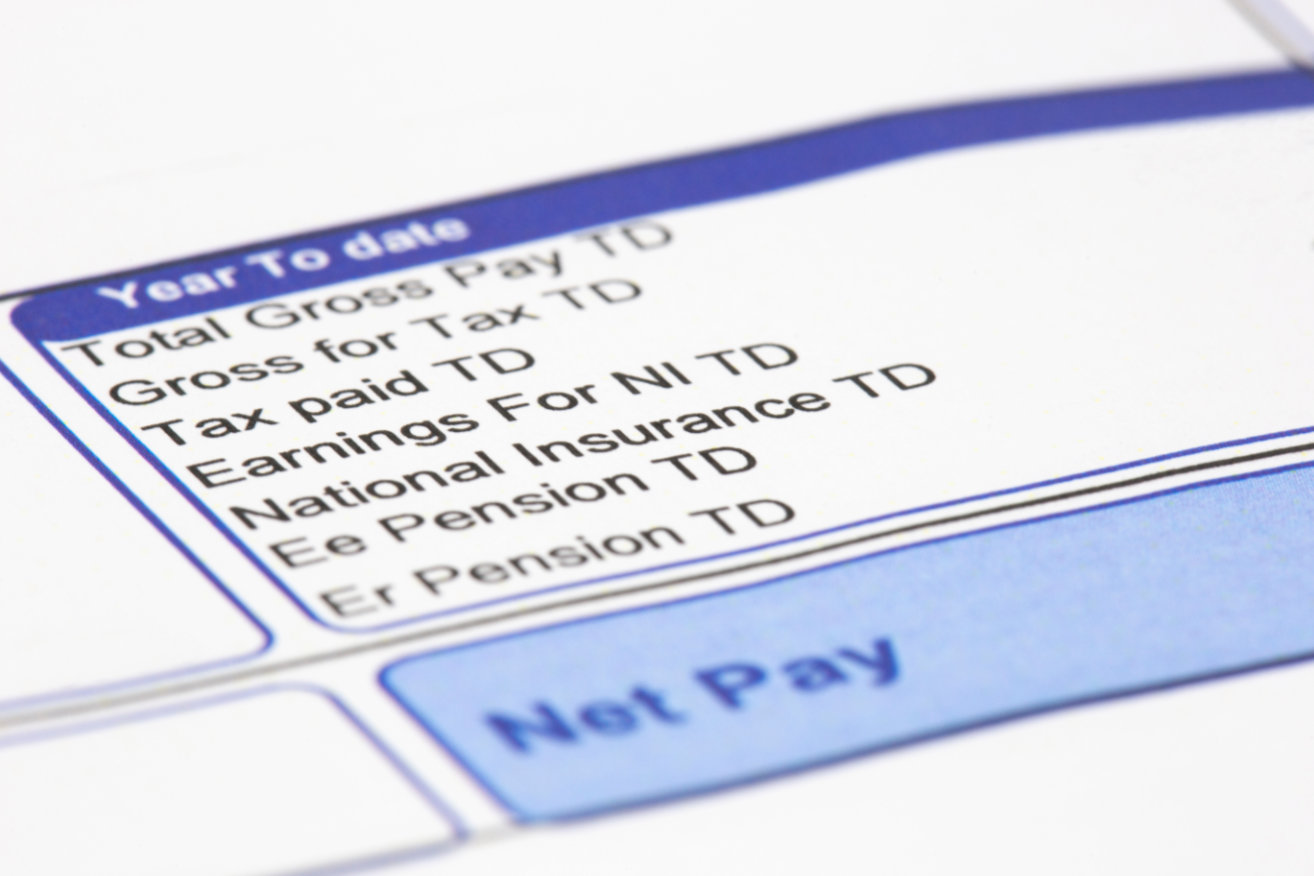When your finances are already tight, discovering that your paycheck has been reduced or that there are missing funds in your bank account due to debt collectors can be incredibly stressful and disheartening. The only thing that is worse is when you don’t find out about it until your debit card gets declined at the grocery store.
What is Garnishment?
Garnishment is a legal process through which a creditor can collect money directly from a debtor’s wages or bank accounts. This usually happens when a debtor fails to pay a debt, and the creditor obtains a court order requiring the debtor’s employer or bank to withhold a certain amount of money from their wages or account to pay off the debt.
Here’s how it typically works:
Court Order: First, the creditor must obtain a court order or a judgment against the debtor for the amount owed. This is often the result of a lawsuit. If a creditor files a lawsuit to collect a debt, they are required to provide you with a copy of the lawsuit. Certified mail is often used for this purpose. You may also receive notice by a sheriff or process server. When a creditor seeks garnishment, they will send notifications to your last known address and to your current employer.
Notification: Once the court order is obtained, the debtor’s employer or bank is notified. They are legally obligated to comply with the garnishment order.
Withholding Funds: The employer will then withhold a portion of the debtor’s wages each pay period. The amount that can be garnished is usually limited by law, based on a percentage of the debtor’s disposable income.
Payment to Creditor: The withheld funds are then sent directly to the creditor or to the court, which in turn pays the creditor.
Get A Free Bankruptcy Evaluation Today
Call (402) 965-0775 or (308) 221-8222 or click here to submit a consultation request form now.
Get Help Now
Types of Garnishment in Nebraska
The two most common types of garnishment in Nebraska are wage garnishment and bank account garnishment.
Wage garnishment is the most common. If you are not the head of a household, meaning you have no dependents and are not the highest earner in your family, up to 25% of your income can be garnished by a creditor. Even as the head of your household, your wages are still subject to garnishment, but at a reduced rate of up to 15%.
Garnishment can also apply to your bank account. If a creditor secures a garnishment order for your bank account, the bank or credit union is legally obligated to freeze the account. They must then withdraw any funds present to forward to the creditor. If the timing of the garnishment coincides with your payday, it’s possible that the entire amount of your paycheck could be seized by the creditor.
Learn The Truth About Bankruptcy And How To Get Out of Debt Without Losing Your House, Cars, or Retirement

Bankruptcy Attorney Thomas M. McGuire reveals five bankruptcy myths that keep people drowning in debt and afraid to claim the fresh start they deserve.
Learn The Truth About Bankruptcy And How To Get Out of Debt Without Losing Your House, Cars, or Retirement

Bankruptcy Attorney Thomas M. McGuire reveals five bankruptcy myths that keep people drowning in debt and afraid to claim the fresh start they deserve.
What To Do If Your Wages Are Being Garnished
If a creditor, other than a government agency, is currently garnishing your wages, it means you have already faced a lawsuit, a judgment has been issued against you, and now your options to halt the garnishment are limited.
1. Pay Off The Debt in Full: One option is to settle the debt in full. To do this you will need to contact the lawyer who initiated the lawsuit and ask for the exact amount needed to pay off the debt.
2. Negotiate a Payment Plan: Another possibility is to negotiate a different payment plan with the creditor. For this approach, you’ll need to reach out to the suing attorney to discuss if they are open to alternative payment arrangements.
3. File Bankruptcy: Lastly, filing for bankruptcy is an option. This can provide legal protection and stop the garnishment.
Facing Garnishment? Take Action Now!
Get Help From An Experienced Nebraska Bankruptcy Attorney
Don’t let wage garnishment overwhelm you. Take control of your financial situation today. If you’re dealing with wage or bank account garnishment, McGuire Law Offices is here to help. Thomas McGuire is an experienced bankruptcy attorney who understands the complexities of these matters and is dedicated to providing the support and guidance you need.
Call Us at 402-965-0775
Your first step towards resolving garnishment issues starts with a conversation. McGuire Law Offices is committed to finding the best solution for your unique situation. Don’t wait – reach out now and take the first step towards financial relief.


